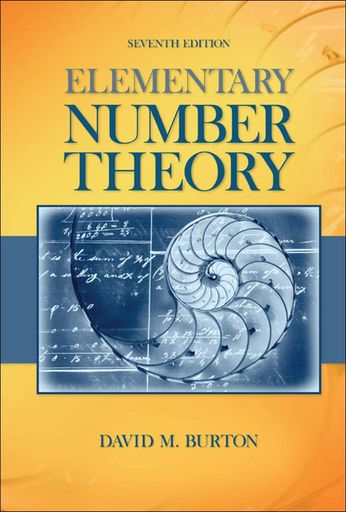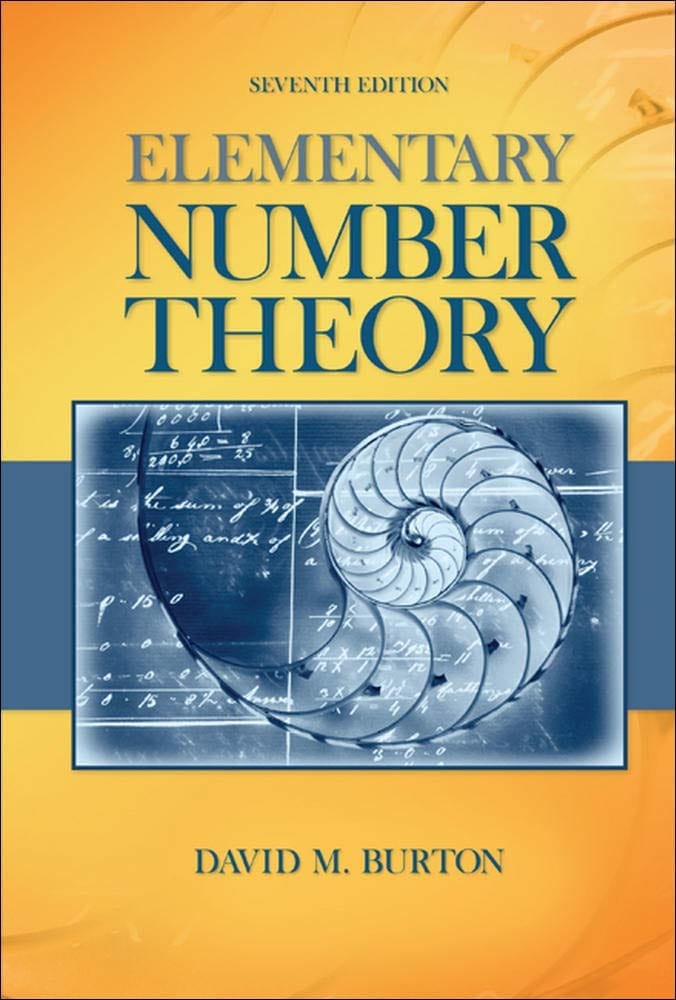
Elementary Number Theory Problems 4.3 Solution (David M. Burton's 7th Edition) - Q5 Paid Members Public
My Solution for "(a) Obtain the following generalization of Theorem 4.6: If the integer $N$ is represented in the base $b$ by $$N = a_{m}b^{m} + \cdots + a_{2}b^{2} + a_{1}b + a_{0} \qquad 0 \leq a_{k} \leq b - 1$$ then $b - 1 \mid N$ if and only if ..."
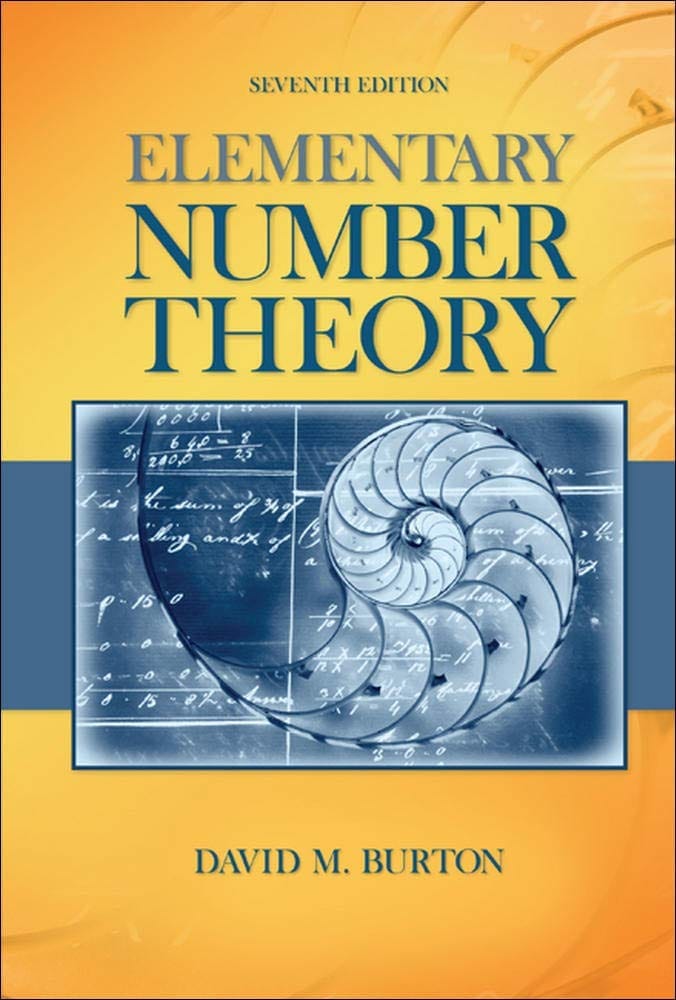
Elementary Number Theory Problems 4.3 Solution (David M. Burton's 7th Edition) - Q4 Paid Members Public
My Solution for "Without performing the divisions, determine whether the integers $176521221$ and $149235678$ are divisible by $9$ or $11$."
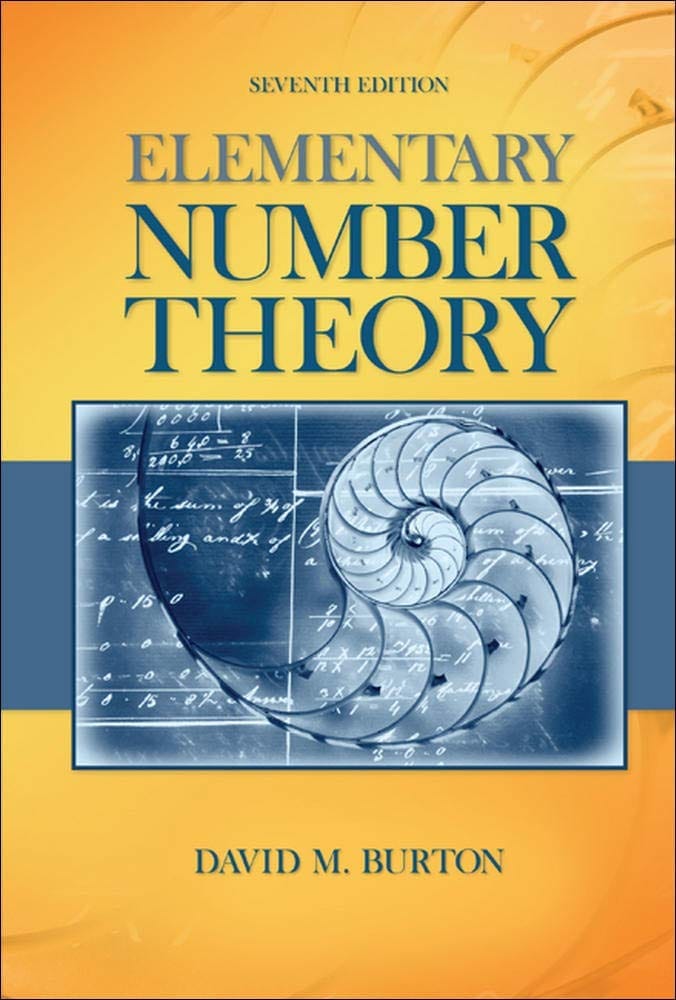
Elementary Number Theory Problems 4.3 Solution (David M. Burton's 7th Edition) - Q3 Paid Members Public
My Solution for "Find the last two digits of the number $9^{9^{9}}$. [Hint: $9^{9} \equiv 9 \pmod {10}$; hence, $9^{9^{9}} = 9^{9+10k}$; notice that $9^{9} \equiv 89 \pmod {100}$.]"
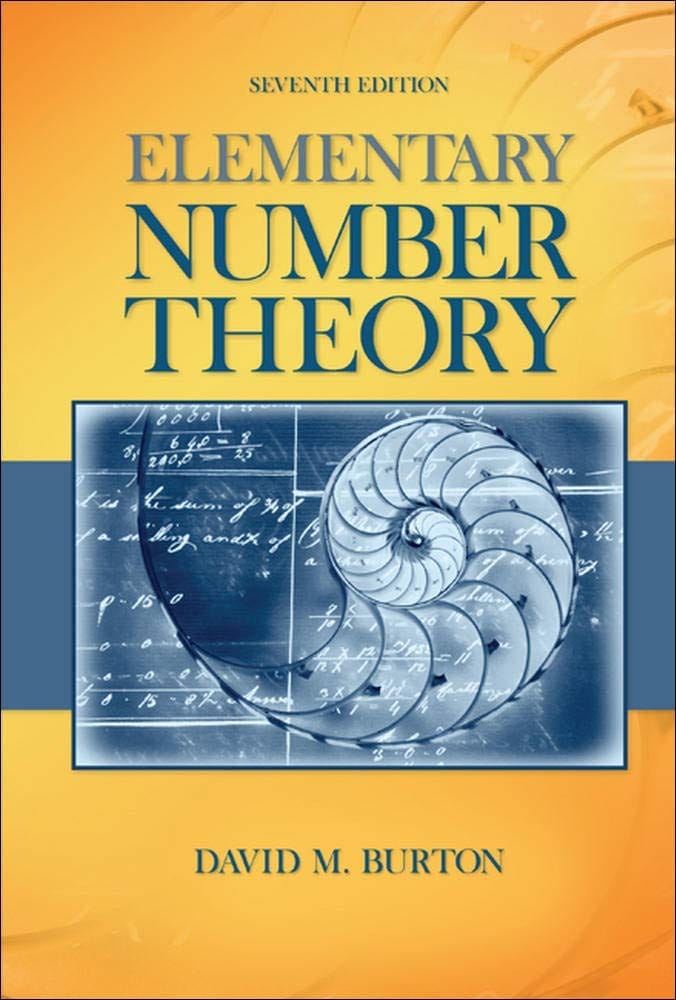
Elementary Number Theory Problems 4.3 Solution (David M. Burton's 7th Edition) - Q2 Paid Members Public
My solution for "Prove the following statements: (a) For any integer $a$, the units digit of $a^{2}$ is $0, 1, 4, 5, 6,$ or $9$. (b) Any one of the integers $0, 1, 2, 3, 4, 5, 6, 7, 8, 9$ can occur as the units digit of $a^{3}$. (c) For any integer $a$, the units digit of $a^{4}$ is $0, 1, ...$ "

Elementary Number Theory Problems 4.3 Solution (David M. Burton's 7th Edition) - Q1 Paid Members Public
My Solution for "Use the binary exponentiation algorithm to compute both $19^{53} \pmod {503}$ and $141^{47} \pmod {1537}$. "
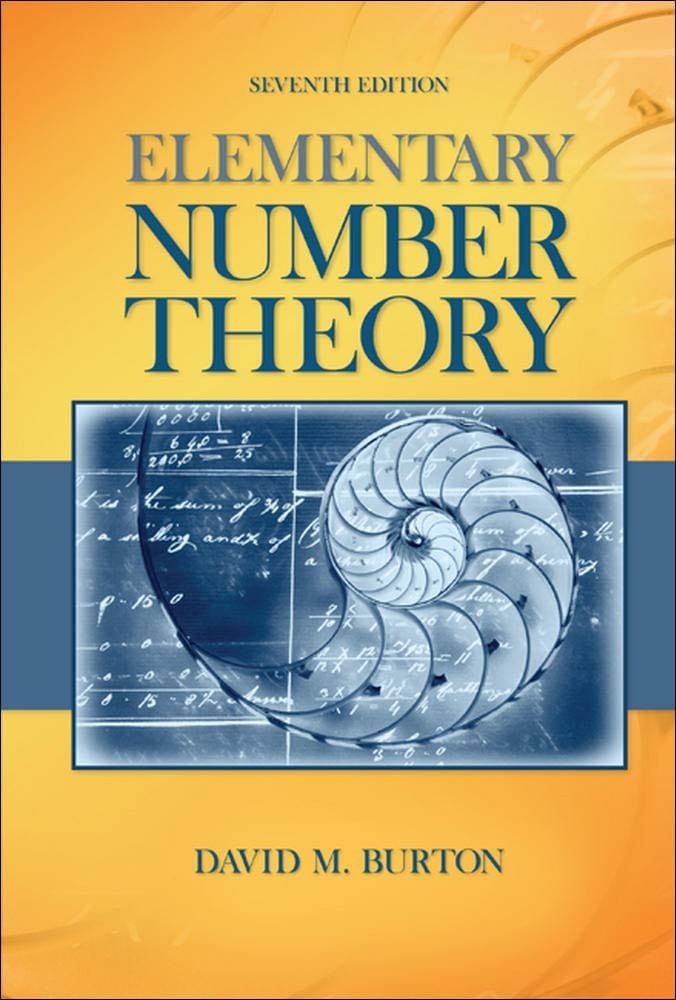
Basic Techniques for Solving Theory of Congruence Problems - 1 Paid Members Public
8 Basic Techniques for solving theory of congruence/Modular Arithmetic problems summarised from my solution on Chapter 4.2 Elementary Number Theory 7th Edition Problems (David M. Burton).
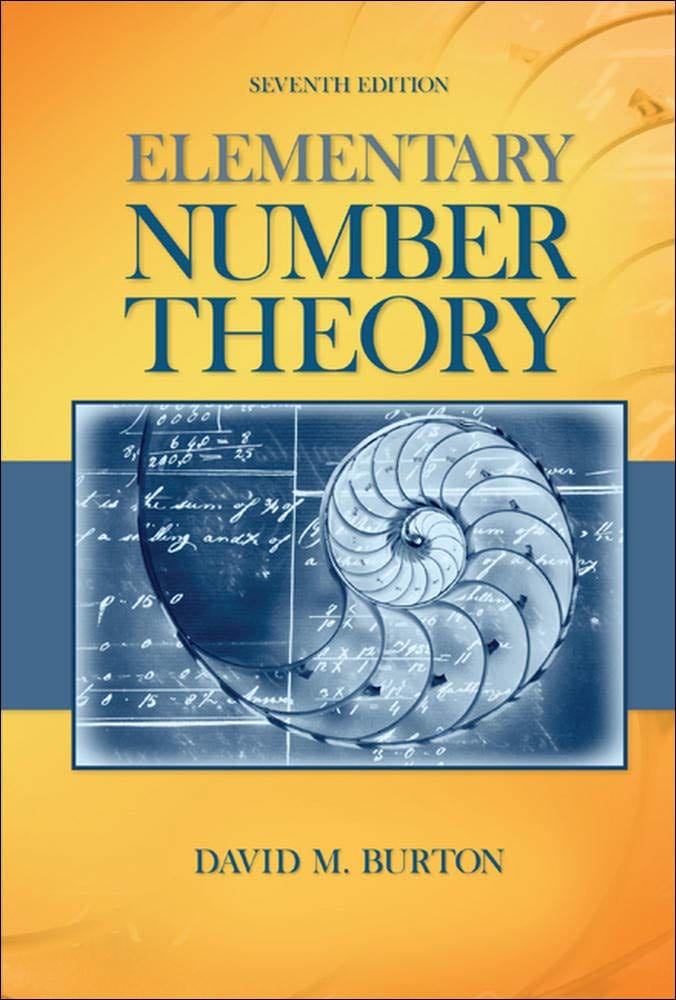
Elementary Number Theory Problems 4.2 Solution (David M. Burton's 7th Edition) Paid Members Public
My solutions for Burton's Elementary Number Theory Problems 4.2 (7th Edition)
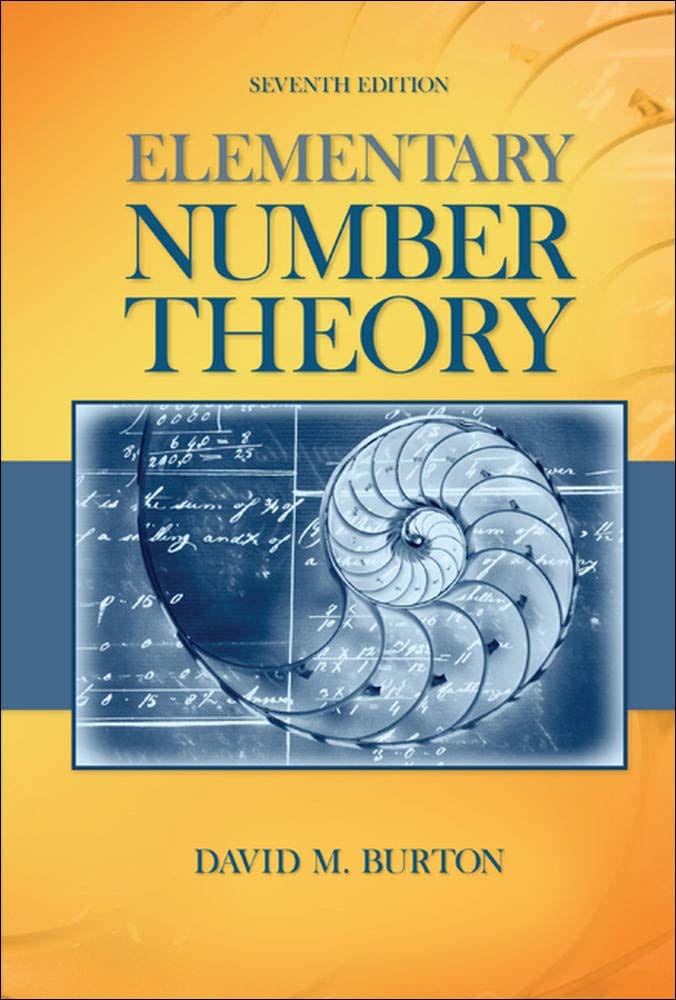
Elementary Number Theory Problems 4.2 Solution (David M. Burton's 7th Edition) - Q18 Paid Members Public
My Solution for "If $a \equiv b \pmod {n_{1}}$ and $a \equiv c \pmod {n2}$, prove that $b \equiv c \pmod {n}$, where the integer $n = gcd(n_{1}, n_{2})$."



